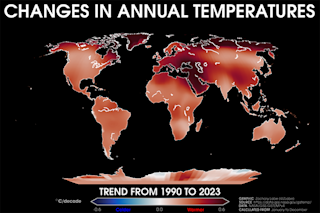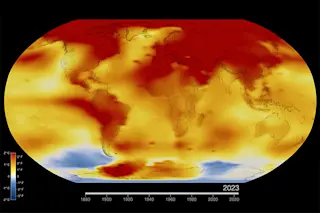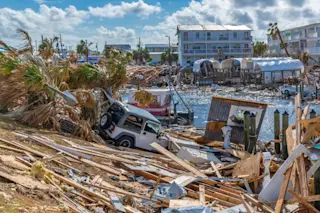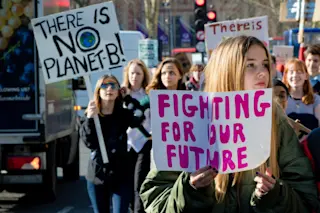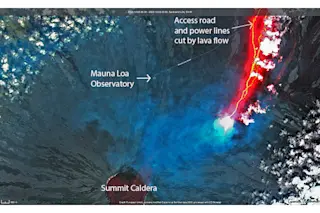In 1995, Cornell's David Price published an essay in the journal Population and Environment, in which he wrote that
the exhaustion of fossil fuels, which supply three quarters of this energy, is not far off, and no other energy source is abundant and cheap enough to take their place. A collapse of the earth's human population cannot be more than a few years away. If there are survivors, they will not be able to carry on the cultural traditions of civilization, which require abundant, cheap energy. It is unlikely, however, that the species itself can long persist without the energy whose exploitation is so much a part of its modus vivendi.
Sure, his timeframe for collapse hasn't exactly been borne out, but the peak oil crowd keeps saying, just you wait.... Now we have George Monbiot, the most interesting environmental writer alive today, who is not afraid to tilt against ...



